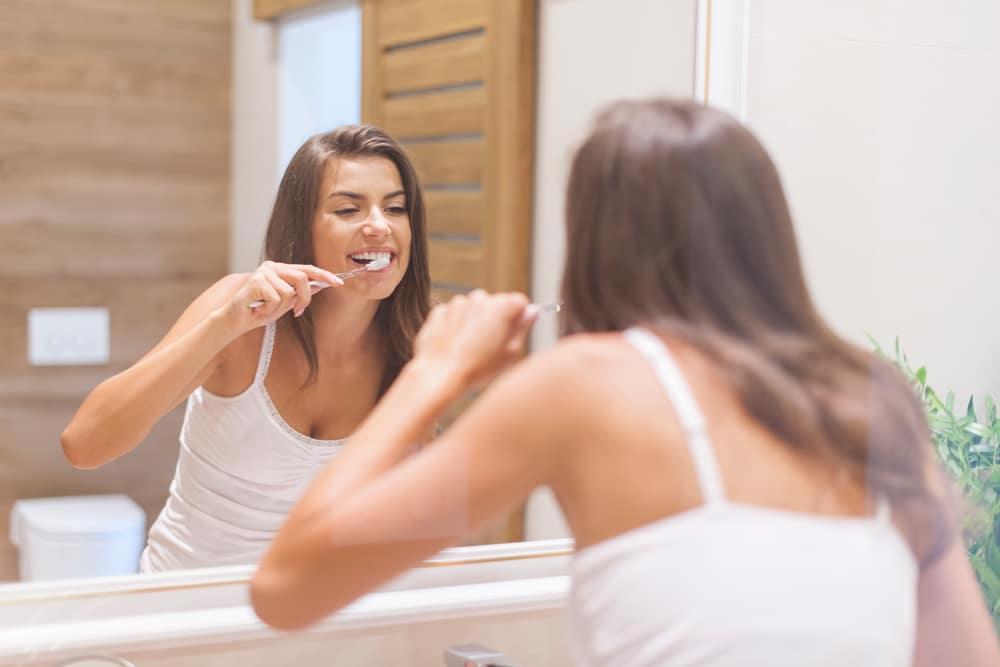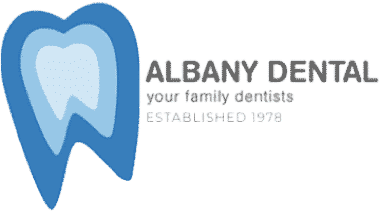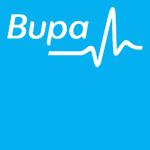We’ve all been there: standing in front of the bathroom mirror, toothbrush in hand, pondering the age-old question. Which brushing technique is best? Up and down or round and round? As trivial as it may seem, the way you brush your teeth can have a significant impact on your oral health outcomes. In this blog, we’ll venture into the world of dental care and discover the best techniques recommended by you family dentist, Albany Dental in Gosford.

A Dentist’s Approach To Proper Brushing Techniques
Brushing your teeth is an important part of maintaining oral hygiene. But did you know there’s more to it than just scrubbing away?
Brushing depends on age, dexterity, what teeth are present, gum levels and any obstacles such as dental appliances (i.e., fixed retainer, dentures and implants)
For adult with no problems regarding dexterity or oral obstacles; it is generally accepted that modified bass technique is the most effective way of cleaning your teeth.
Modified bass technique
- Tooth brush bristles should be held at a 45⁰ angle towards the gumline.
- Brush each tooth on the surface facing the lips and cheeks with a gentle, slow circular motion.
- Brush across the biting surface of each tooth in the mouth.
- Brush each tooth on the surface facing the tongue or middle of the mouth with a gentle flicking motion from the gumline to the top of the tooth.
HINT: For the most effective results, it is important not to press the toothbrush down too hard and that the tips of the toothbrush bristles are able to flick across the tooth surface.
Common Brushing Mistakes
Brushing our teeth is a daily ritual, yet many of us might be making simple mistakes without even thinking about it. These seemingly minor oversights can have lasting effects on our oral health. Let’s explore some common brushing blunders and how to avoid them:
- Using hard/medium bristles: Hard/medium bristled toothbrushes can cause abrasion which can damage the enamel and lead to irreversible gum recession. In most cases dental professionals recommend soft-bristled toothbrushes for a gentle yet effective clean.
- Brushing too hard: Overzealous brushing can lead to abrasion wear, sensitive teeth and gum recession. Though it feels effective, using too much force on the toothbrush can be less effective due to the bristles not being able to effectively remove plaque from the tooth surface.
- Not brushing long enough: A quick 30-second brush isn’t enough. Dentists advise brushing for at least two to three minutes to ensure all areas are thoroughly cleaned.
- Not including interdental cleaning: Tooth brushing alone is not able to clean all surfaces of the teeth. The most effective results are achieved when combined with an interdental cleaning regime such as flossing, piksters or other aids as recommended by your dental professional.
The Role of General Dental and Hygiene Services
While brushing is a cornerstone of oral health, it alone cannot prevent all oral disease from occurring. To truly ensure the health and longevity of our teeth and gums, we must also rely on dental services. Dentists offer a comprehensive range of services that go hand-in-hand with your daily oral care routine:
General Dental Check-ups Routine examinations are a preventative measure to help identify potential issues before they become significant problems, at this time your dental practitioner will ensure your brushing techniques are effective.
Hygiene Services Professional teeth cleanings complement your daily brushing routine while you can remove most of the plaque from the tooth surface there may be a build up of hardened plaque in difficult to access areas. At this time calculus and stain can be safely removed and prevent the occurrence of gum disease such as gingivitis or periodontitis.
Dentist’s Recommendations for a Holistic Oral Care Routine
While brushing is a cornerstone of dental hygiene, it’s just one piece of the puzzle. To truly safeguard your oral health and maintain that gleaming smile, a more holistic approach is important. Here are some key practices recommended by dentists to complement your brushing routine:
- Interdental cleaning: Such as flossing, piksters and other interdental implements ae essential for cleaning between teeth where a toothbrush can’t reach.
- Mouthwash: When recommended by your practitioner can be effective in helping to prevent some oral conditions however it should not be used to replace brushing and flossing.
- Regular Dental Visits: Routine check-ups and cleanings ensure your oral health is in top shape.
Incorporating these practices with the right brushing technique ensures a comprehensive oral care routine.
We Are Here To Help!
At Albany Dental, we understand the importance of proper oral care. Our team in Gosford is dedicated to ensuring you receive the best advice and care for all your dental needs.
Whether you’re a parent concerned about your child’s brushing habits or an adult unsure about the right technique, we’re here to help. So, if you’re in Gosford and need guidance on maintaining a radiant smile, get in touch via our contact page or give us a call to book a consultation. Your oral health is our priority.











